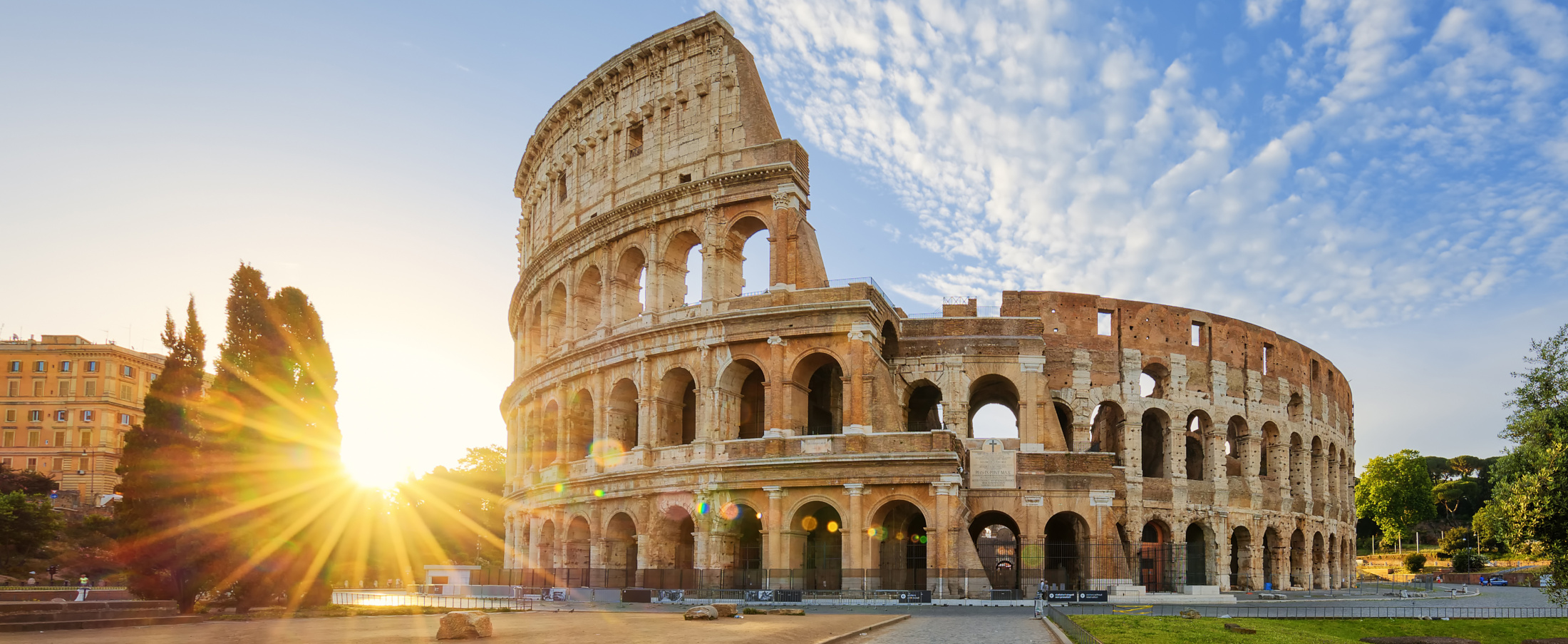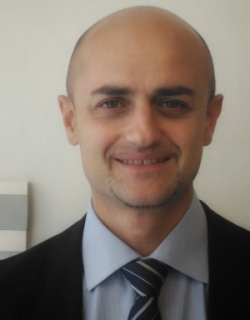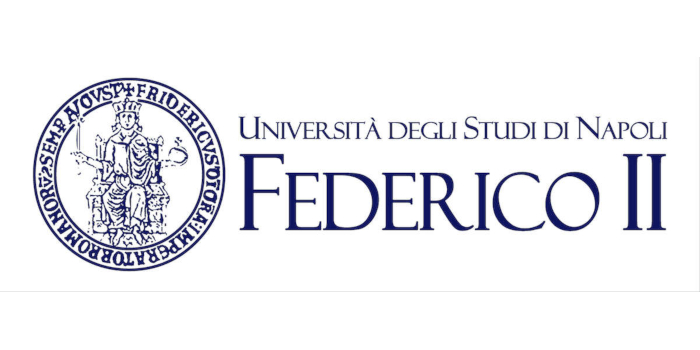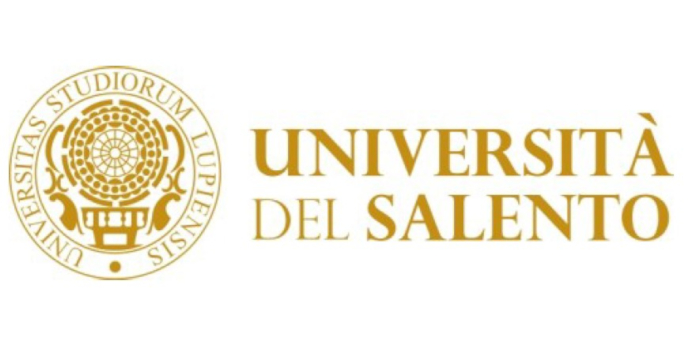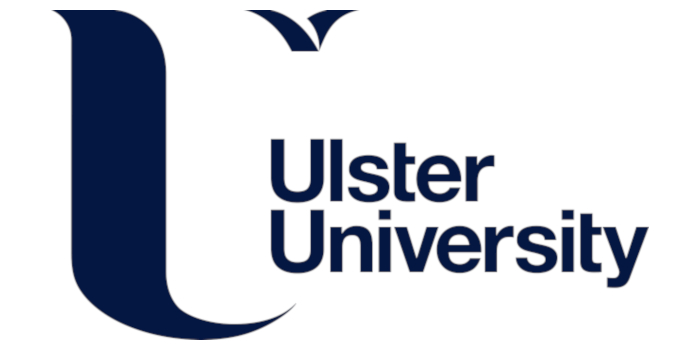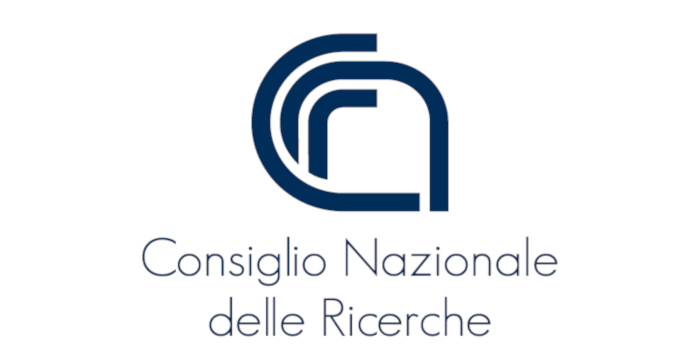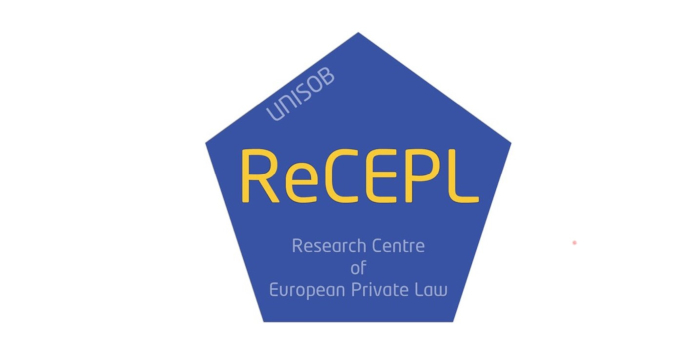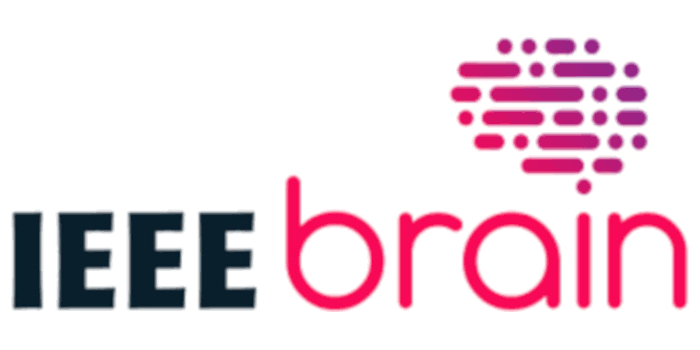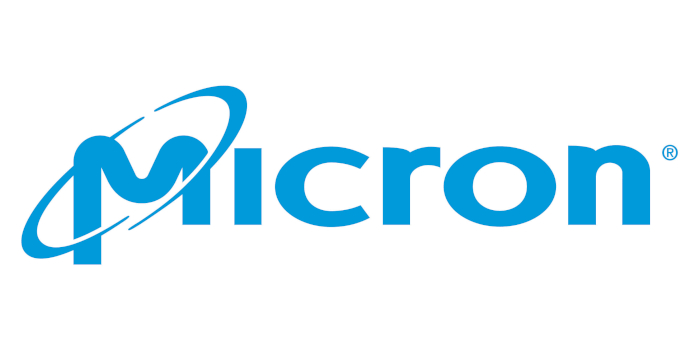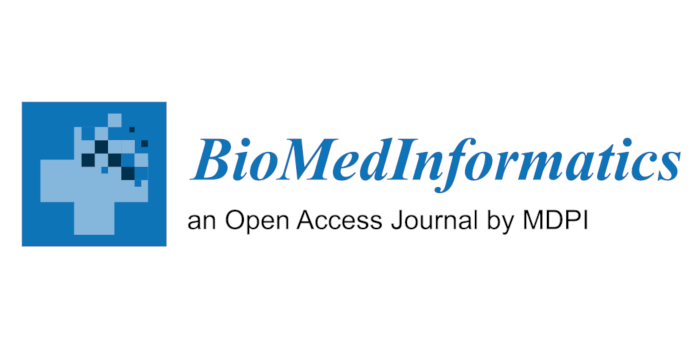Immersive Training & Simulation for Electronic Equipment
Salvatore D'Onofrio
Leonardo
ABSTRACT
In the last decade, the Virtual Reality (VR) is emerged as a potentially disruptive technology capable to immerse a user within a virtual environment in order to interact with virtual object generated by a computer. The recent developments of low costs VR technologies and Mixed Reality (MR) devices, such as Google Glass, Microsoft Hololens, Vuzix and many others, are capturing interest of users and researchers, suggesting that VR/MR could be the next springboard for technological innovation as also highlighted its inclusion as enabling technology of Industry 4.0 paradigm.
Leonardo has developed the MORPHEUS-XR that is an innovative suite of applications that is able to provide a revolutionary approach to training by using an extended reality environment in which the users can interact with the virtual mock-up of the unit composing a complex system.
It is an interesting solution to satisfy highly standardized procedures and complex tasks, allowing both instructors and operators to have access to increasingly complex and varied contents in which simulations and simulators play a great role.
It makes use of Head Mounted Display components integrated with a very high performance workstation to realize an easy way to familiarize with systems and its components in order to perform both operative and maintenance procedures in a virtual simulated scenario.
The tutorial will demonstrate the use of MORPHEUS-XR by showing a training use case about the maintenance of an electronic equipment.
SPEAKER BIO
Salvatore D'Onofrio received his PhD in Computer Science at the University of Sannio in 2007. He is currently a CTO member of Leonardo, a leading company in the Aerospace, Defense and Security sector, where he is mainly involved in R&D activities focused on Virtual / Mixed Reality and Modelling & Simulation technologies, applied to training and maintenance.
He has published more than 20 papers in IEEE journals and conference proceedings, concerning the copyright protection of digital images and videos and some papers in Leonardo scientific journals concerning virtual reality technologies and cloud computing.
In 2018 he received the Leonardo innovation award for a support and training project through mixed reality.
